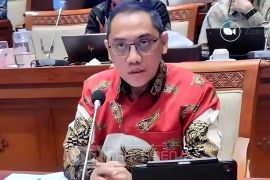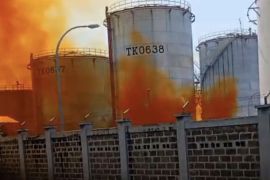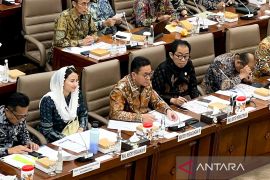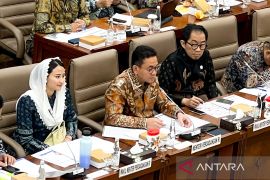"In this case, the community is a section of the society that will take early action in any disaster," he stated while speaking at a press conference on "The Latest Disaster Mitigation Efforts" held here on Wednesday.
In fire-prone regions, the rural community must be actively involved in preventing the outbreak of fires.
To this end, the government will improve their organizational capability, increase their awareness of disaster risks, and strengthen their capability in preventing forest fires.
"Besides this, control commands will be developed at the rural to national level, so that the preventive efforts undertaken by the community would be well-planned, coordinated, integrated, and measurable," he emphasized.
The concept is being developed based on experiences in empowering rural communities by the regional governments, NGOs, and companies, he explained.
Parts of Indonesia are still reeling under the impacts of the El Nino natural phenomenon, which poses high risks of disaster, he added.
He noted that the agency had currently outlined priorities, including the mitigation efforts to tackle landslides, forest fires, and the Sinabung volcanic eruption.
The agency chief remarked that floods and landslides had hit 260 districts and municipalities in the country from January 1 to February 25, leaving 46 people dead and 16 others injured.
The natural disasters also forced the evacuation of 1,083,104 people, Rampangilei added.(*)
Editor: Heru Purwanto
Copyright © ANTARA 2016











